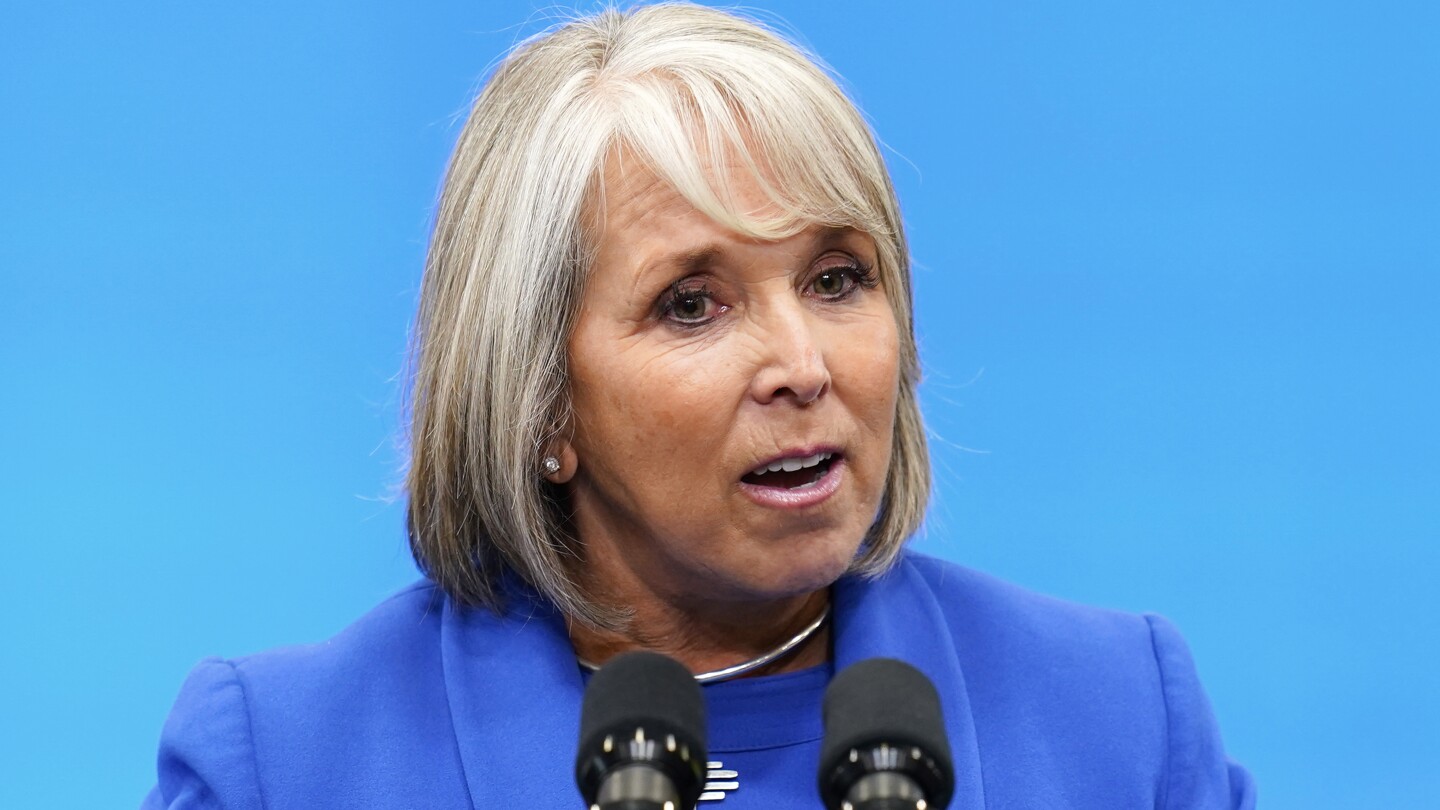SANTA FE, N.M. (AP) — New Mexico is expanding the reach of a program that includes providing support for housing, health care and transportation to youths raised in foster care as they turn 18 and age out of the child welfare system, under an executive order signed Thursday by Gov. Michelle Lujan Grisham.
The order signed by the Democratic governor is expected to add 20 young adults each year to the “fostering connections” program who may not otherwise qualify after they move to New Mexico, or because of legal delays as courts confirm child abuse or neglect and parents surrender children voluntarily.
Nearly 90 young adults are currently enrolled the program, after exiting a foster care system that cares for about 1,700 children statewide. Benefits also include instruction in financial literacy, caseworker guidance and optional access to psychological counseling.
Democratic state Sen. Michael Padilla of Albuquerque, who grew up in foster care during the 1970s and 80s, said aid and counseling for young adults as they emerge from foster care is gaining recognition in several states as an investment that eventually provides stable households to the children of former foster children.
“It provides a softer landing to adulthood,” said Padilla, a sponsor of 2019 legislation that established the New Mexico program. “Can you imagine not having anything? It’s like the floor dropped out from under you. … We’re going to see a decline in repeat fostering.”
Padilla said he wants to enshrine the eligibility changes into state statute.
The program’s expansion drew praise at a news conference from Neera Tanden, a domestic policy adviser to President Joe Biden.
Tanden said the Biden administration is proposing a related multibillion-dollar expansion of annual spending on housing vouchers for youth exiting foster care.
Thursday’s announcement is among the latest efforts to improve results from the New Mexico’s troubled child protection and well-being system.
New Mexico’s repeat rate of reported child abuse cases is among the worst in the country, amid chronic workforce shortages in the child welfare system and high turnover among employees in protective services.


